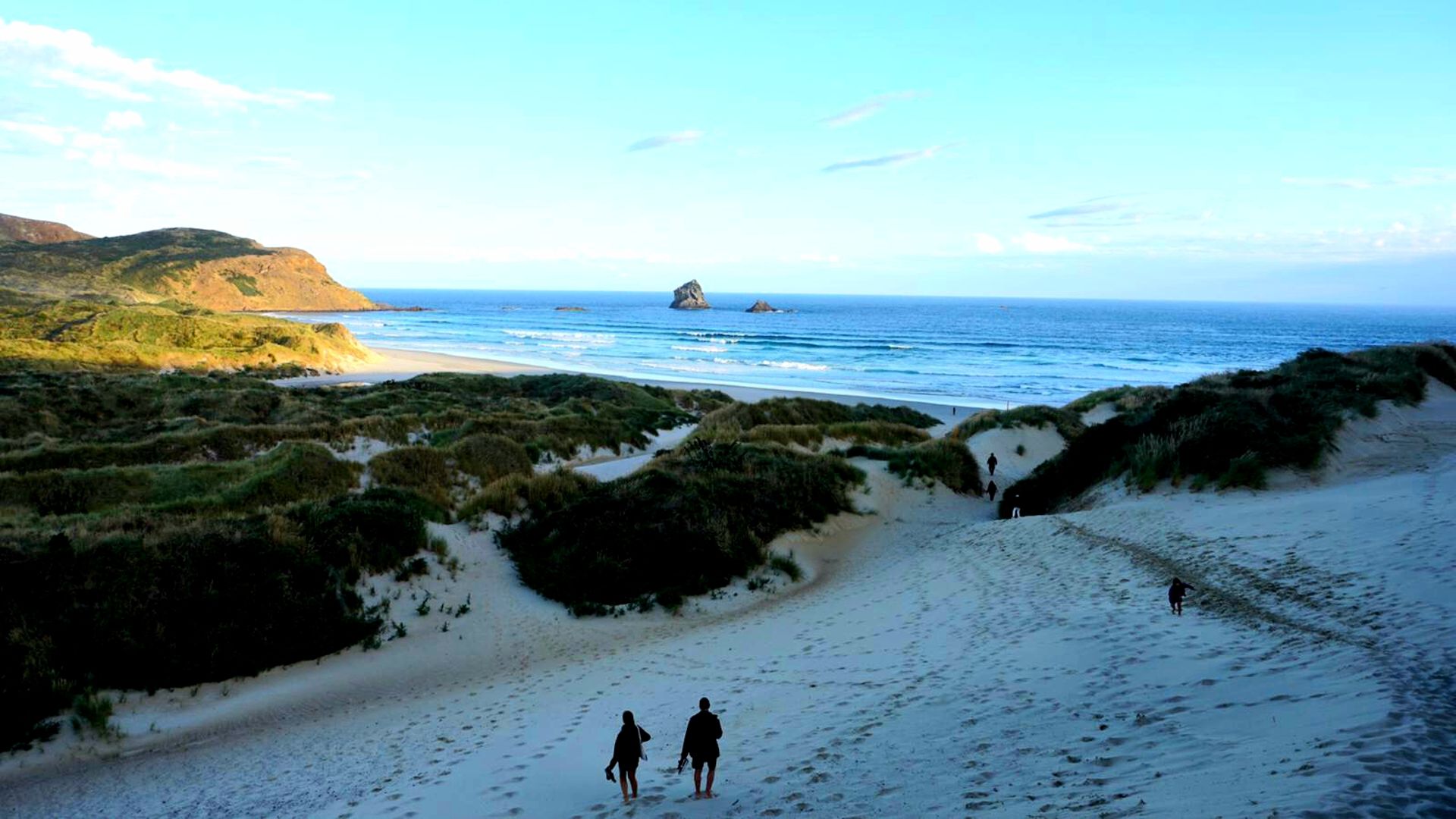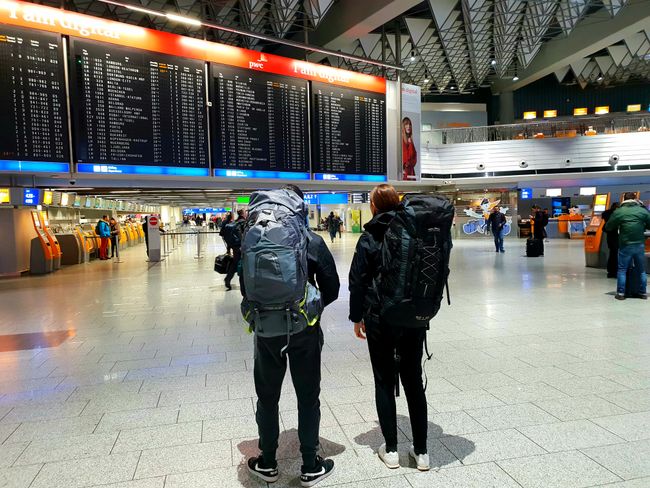Hello New Zealand - North Island (1)
ที่ตีพิมพ์: 24.02.2019
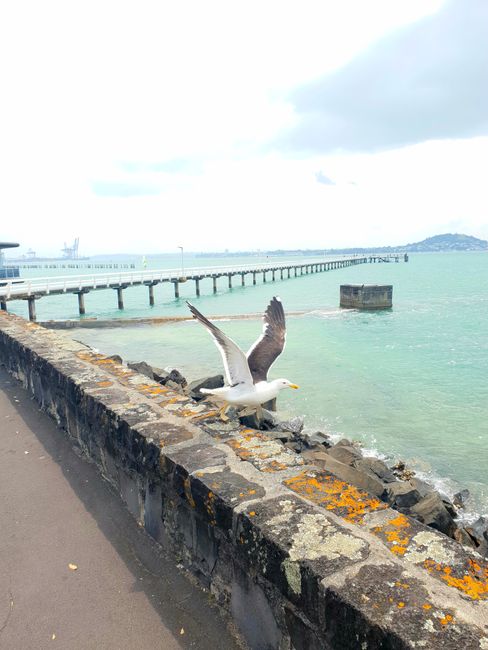
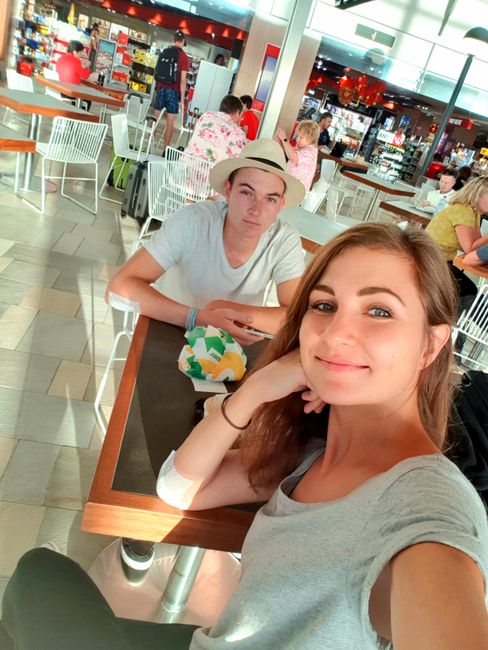
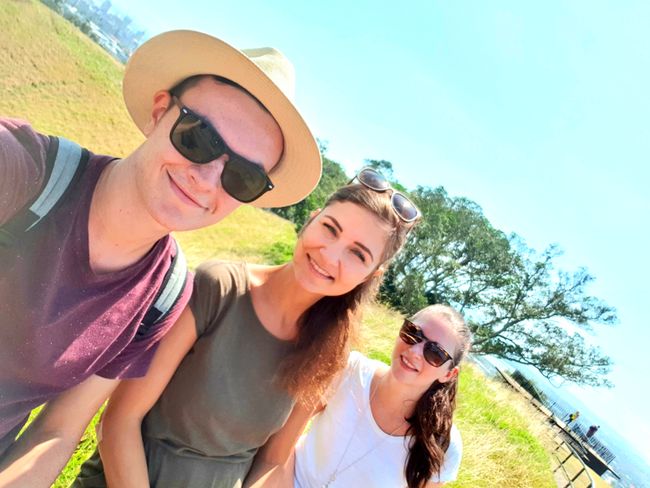
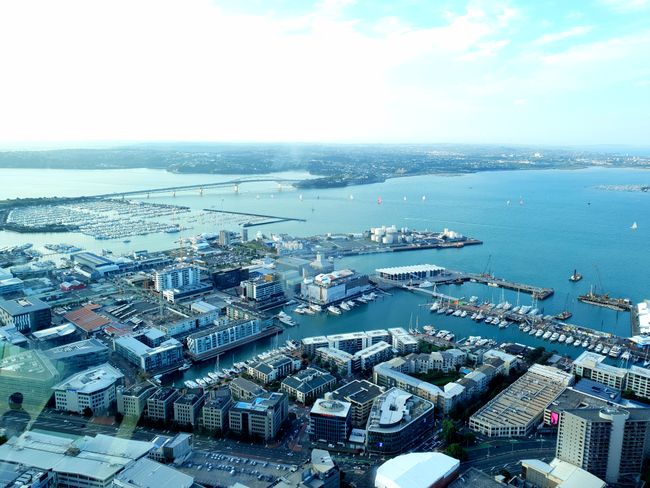
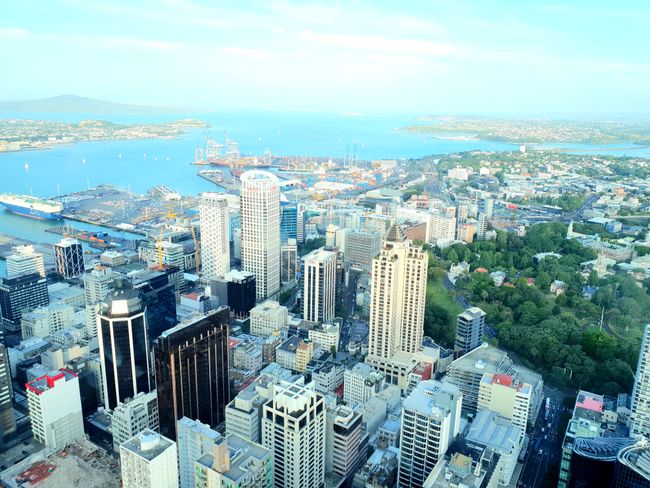
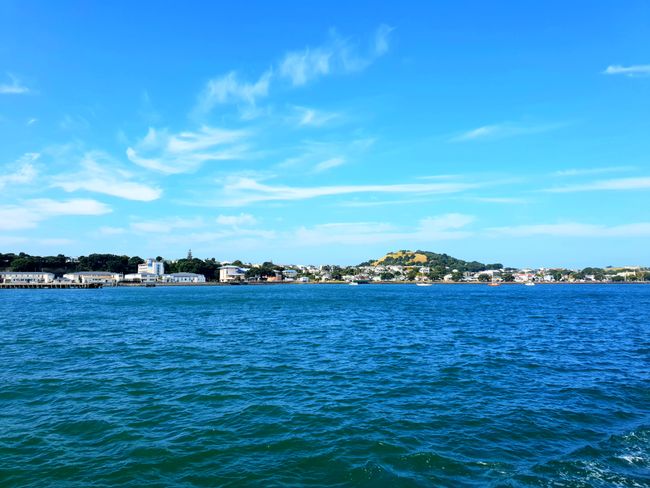
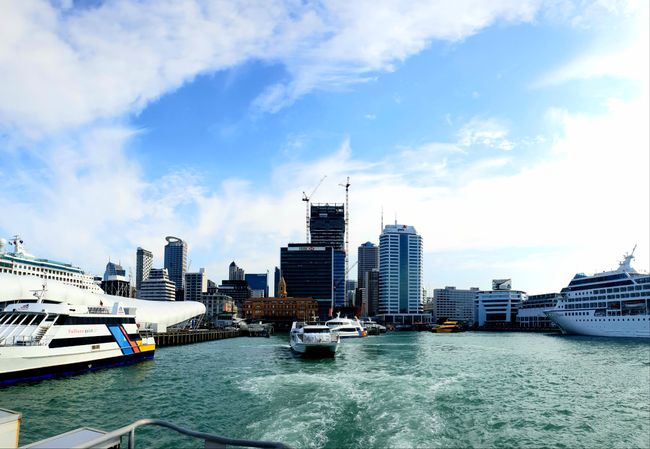
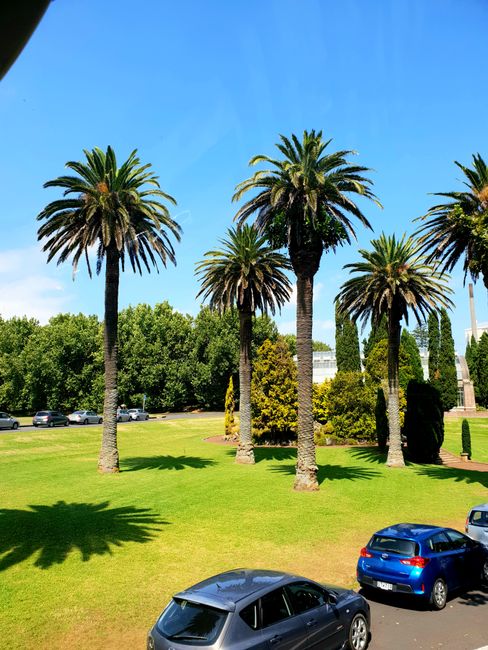
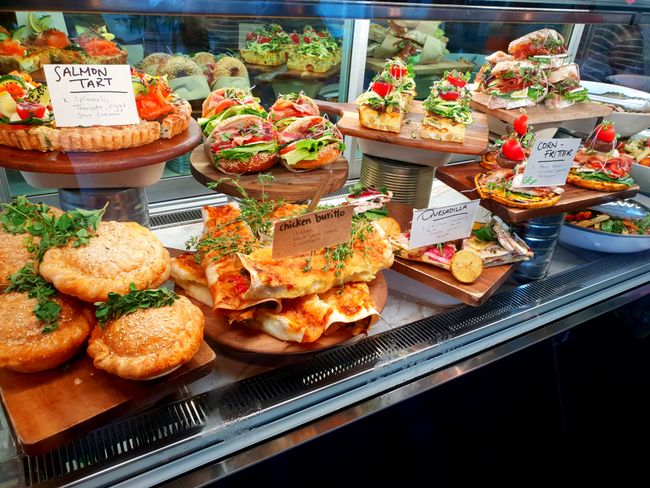
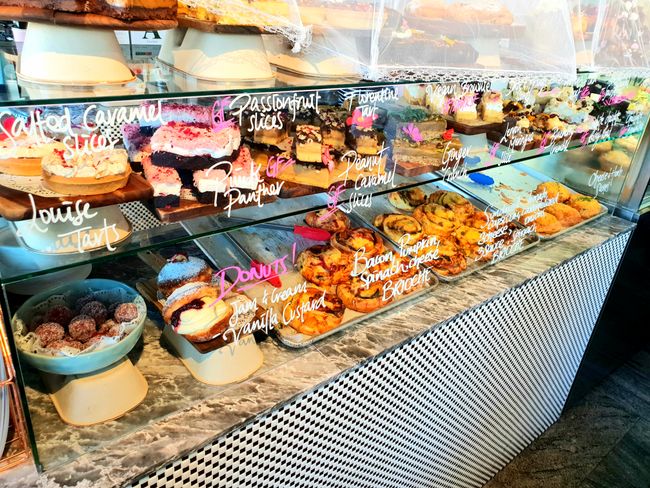
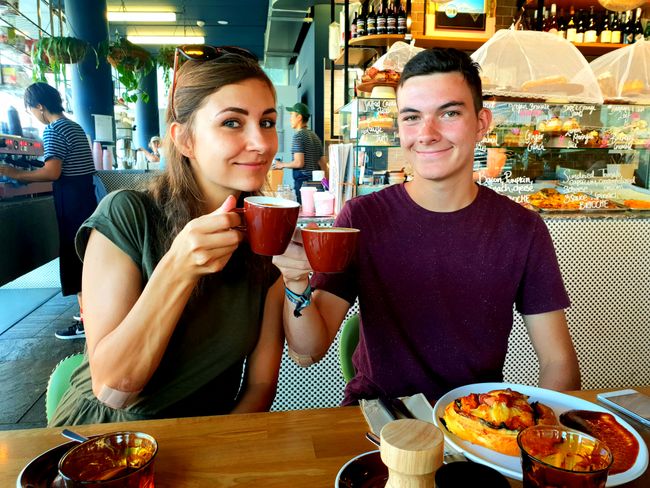
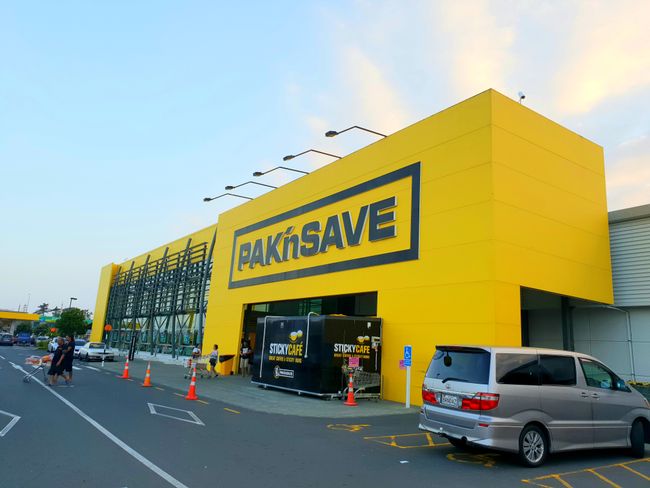
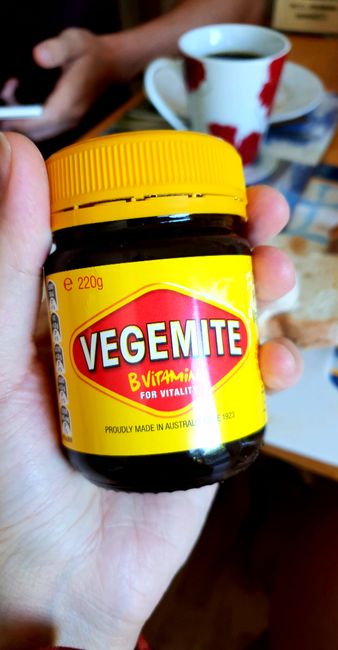
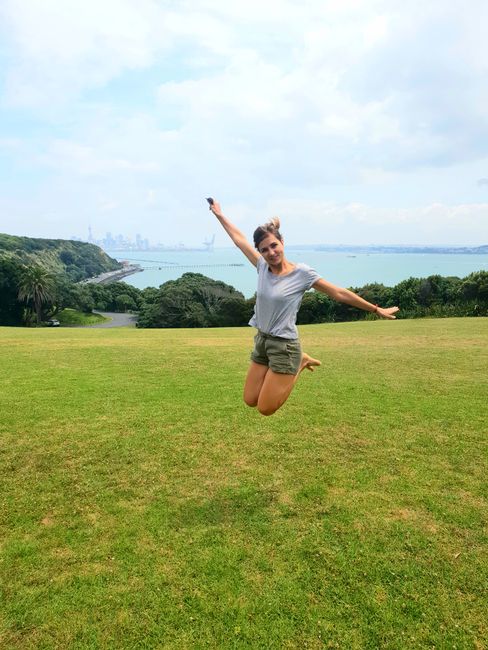
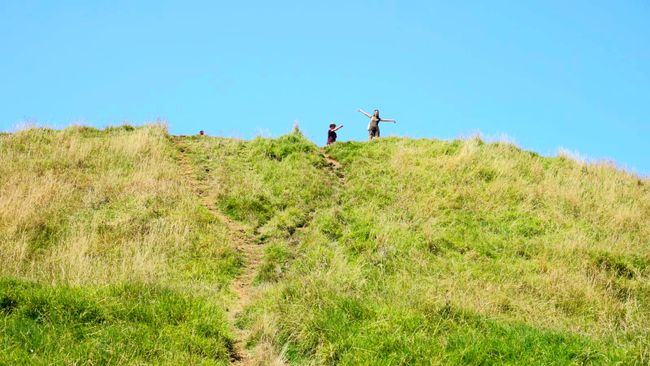
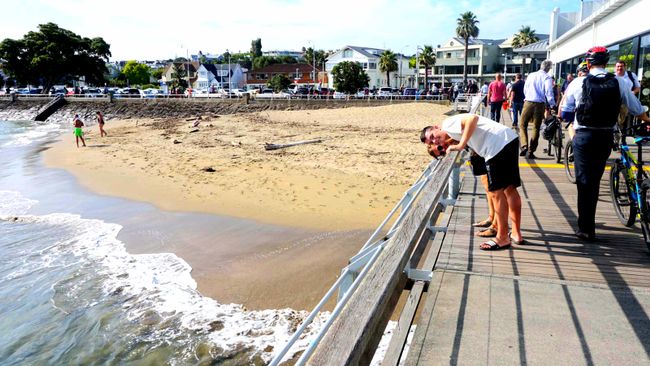
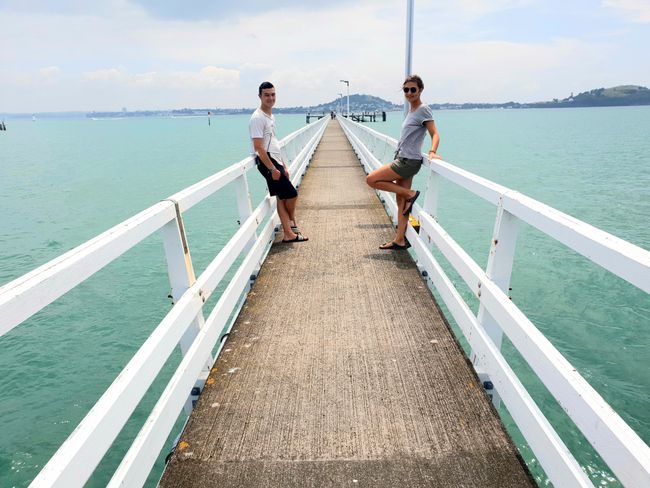
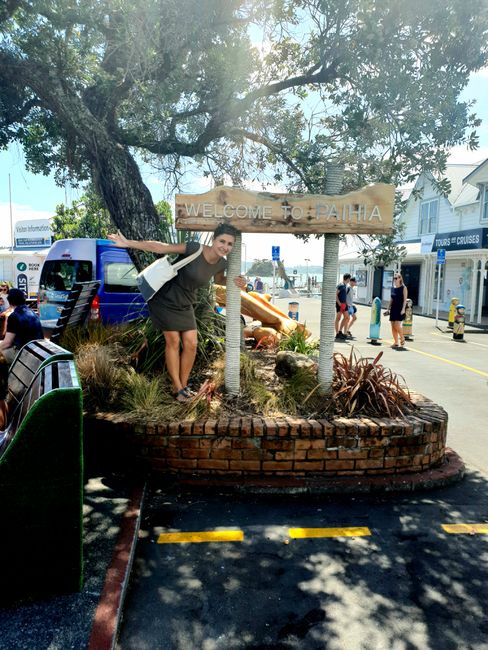
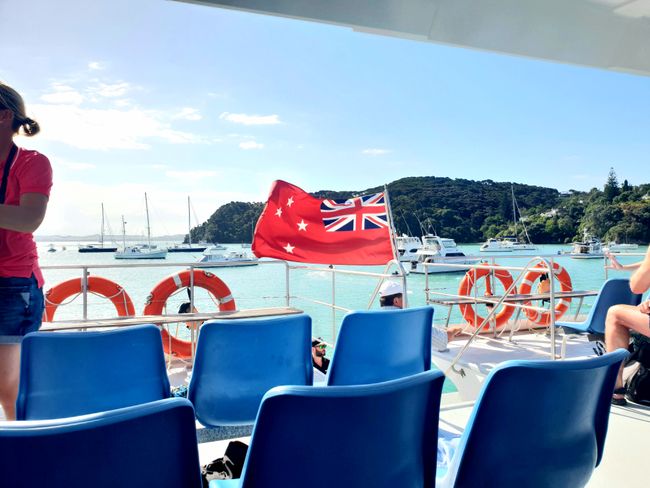
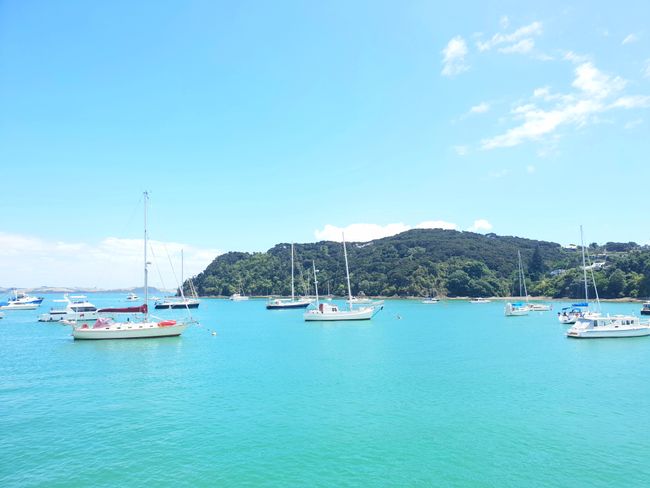
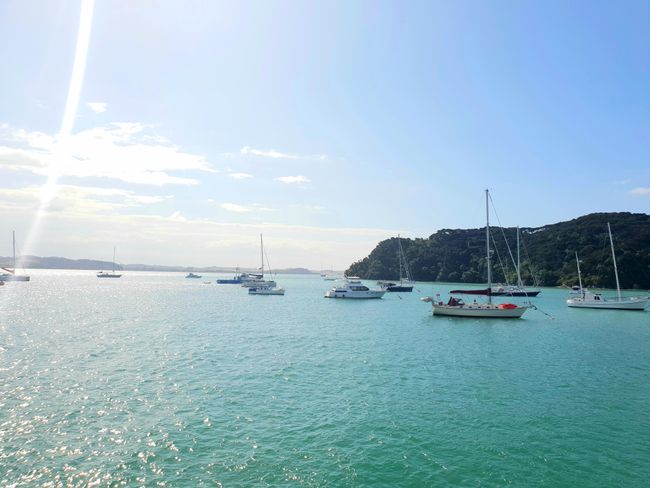
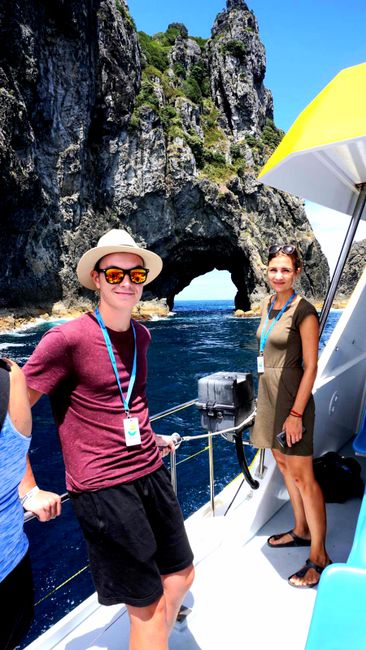
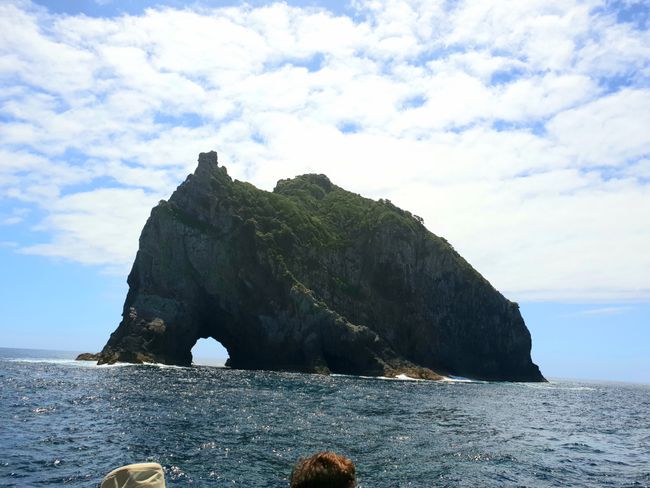
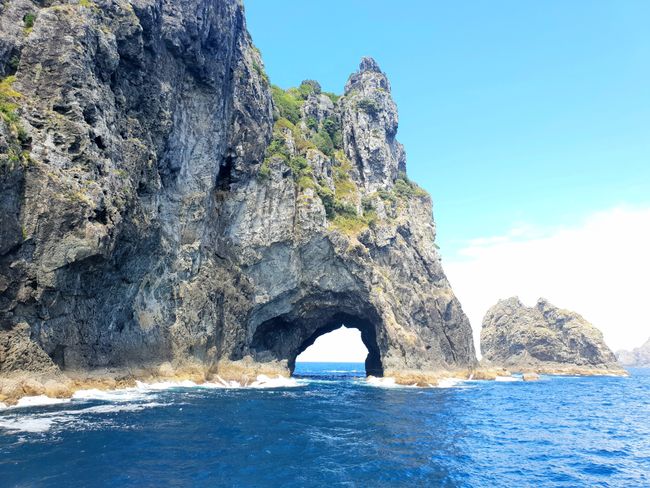
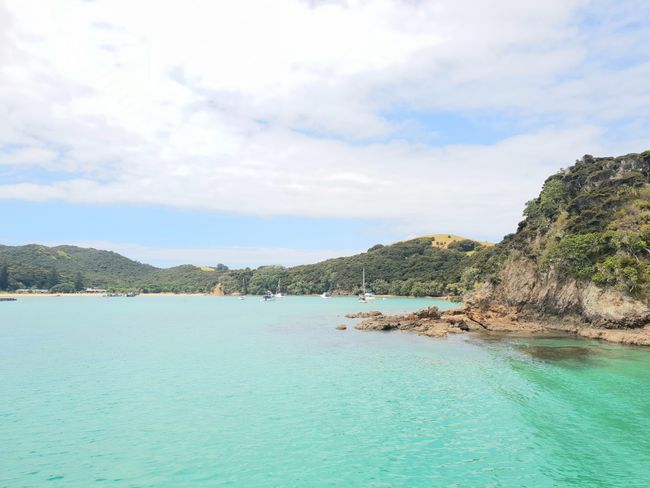
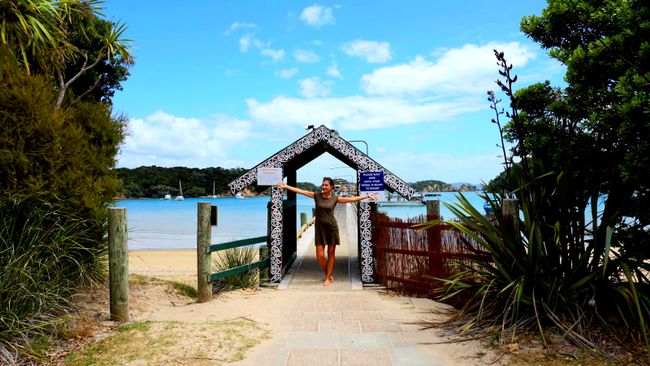
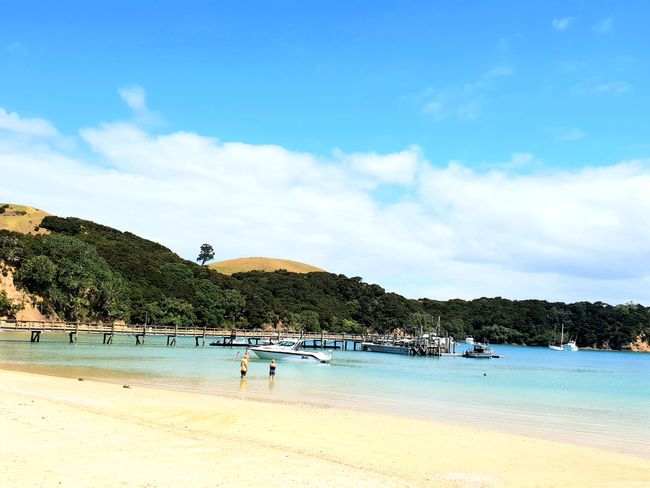
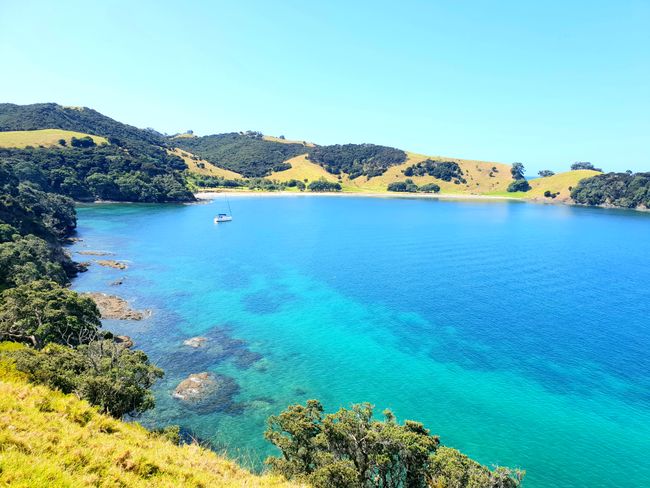
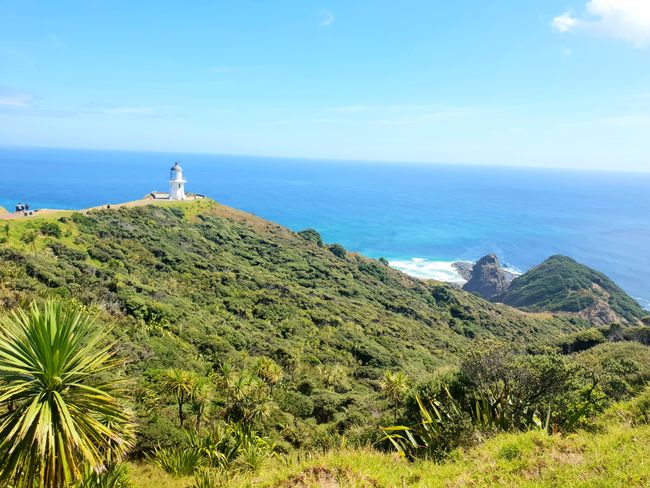
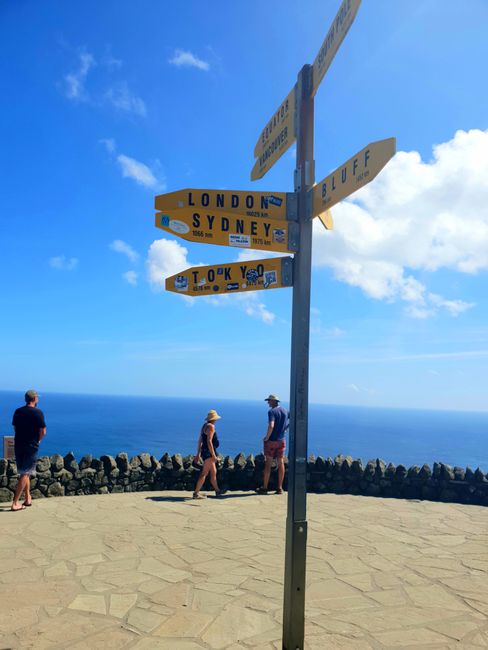
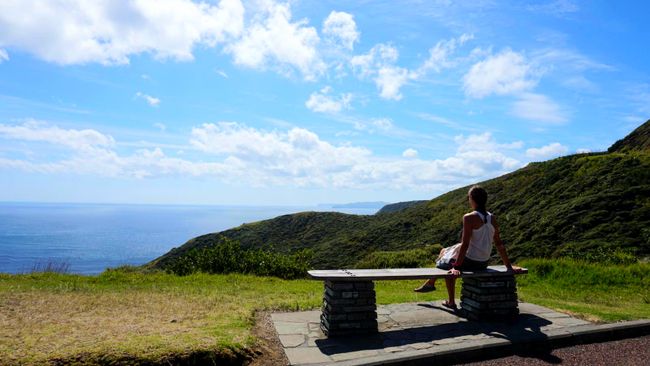
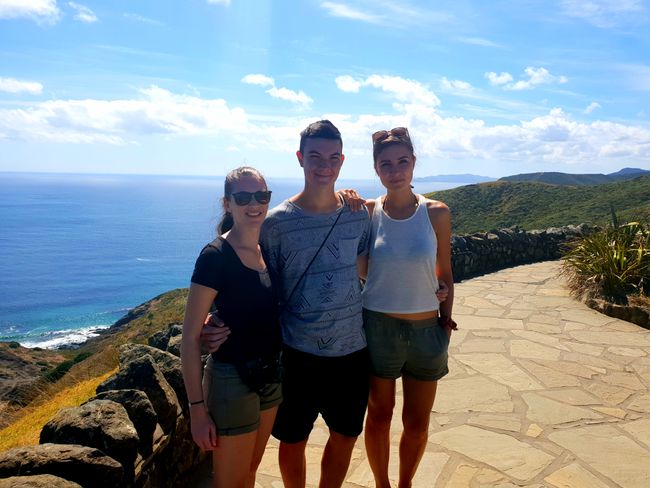
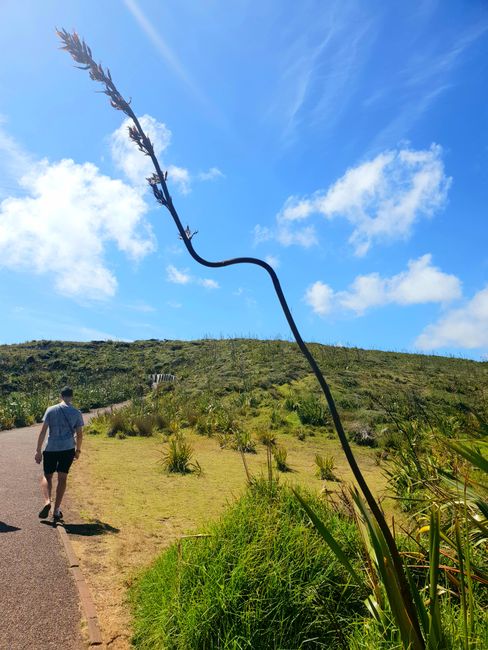
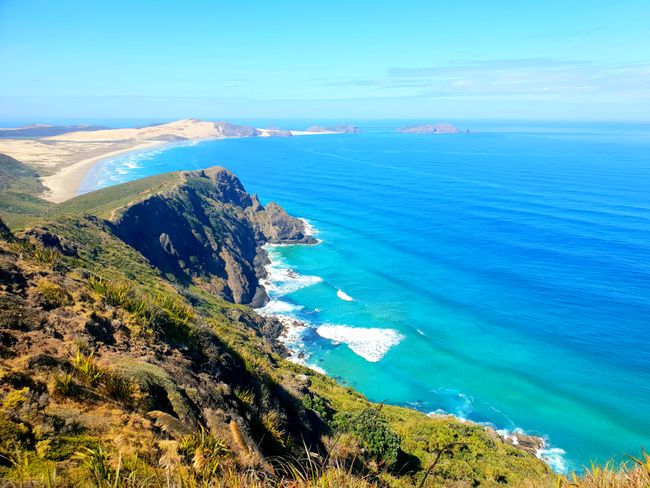
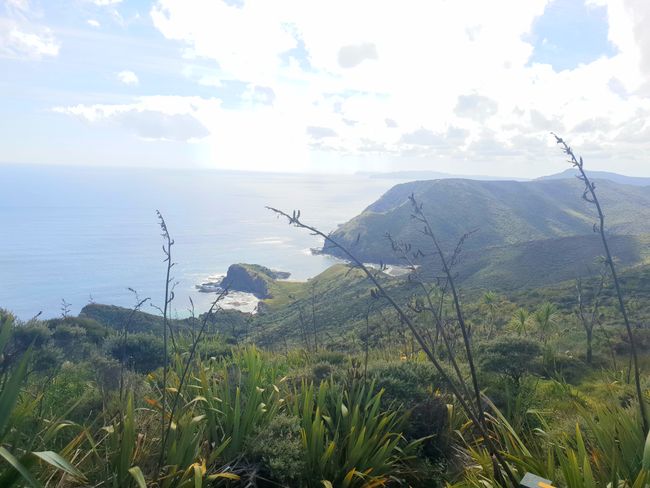

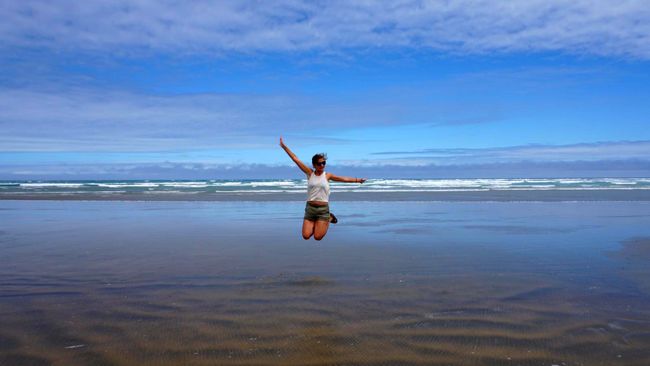
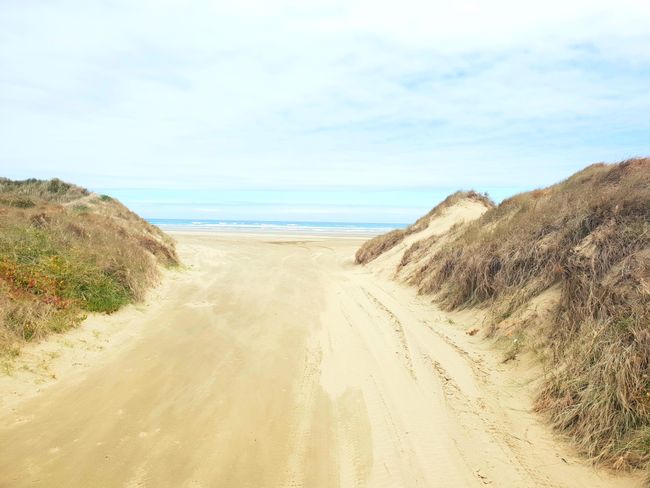
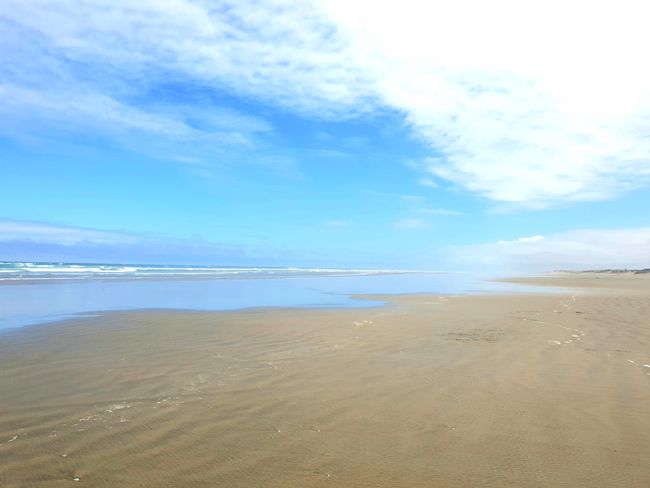
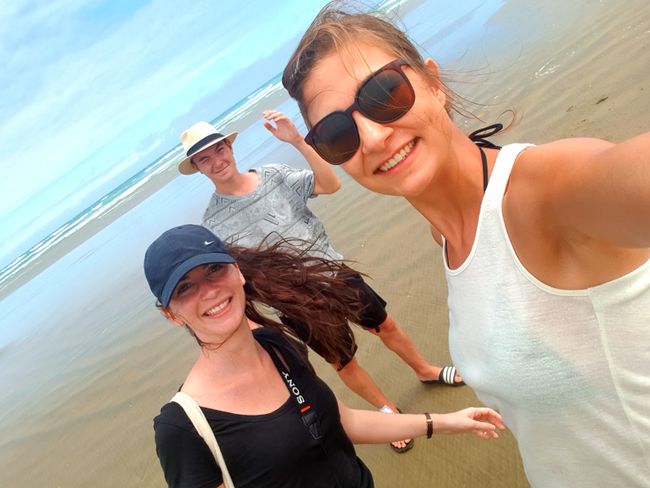
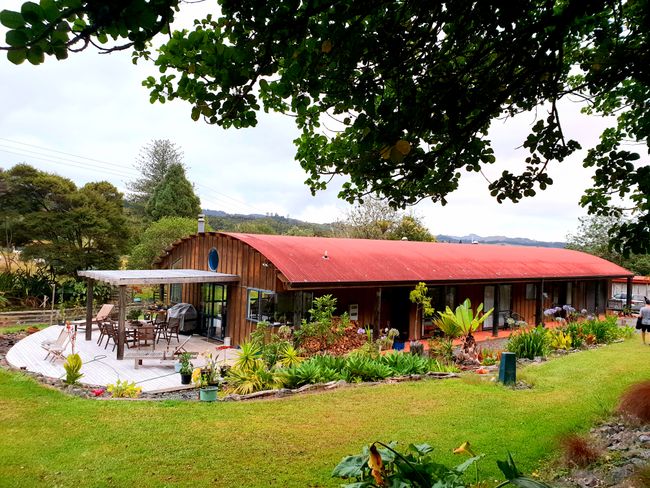
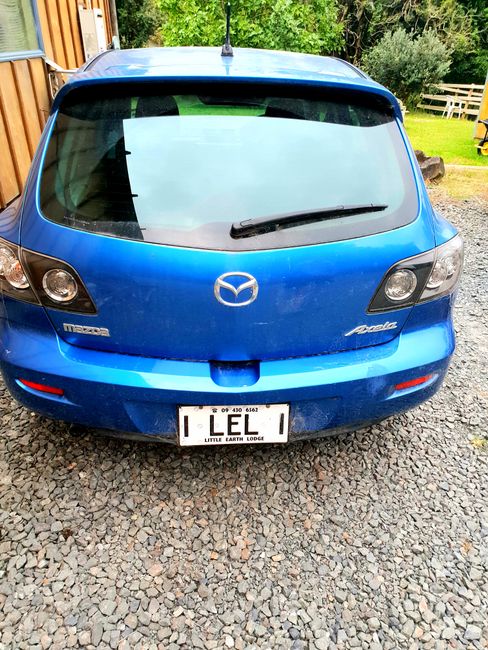
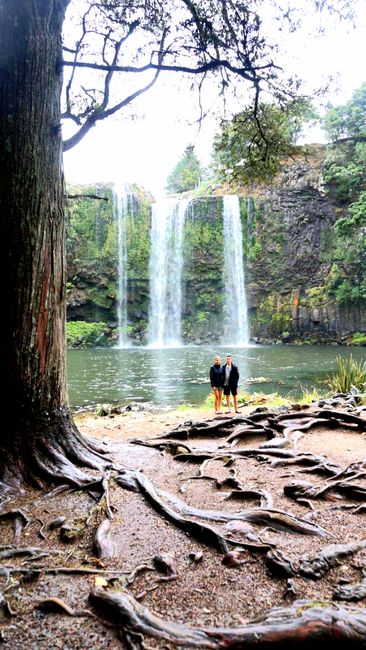
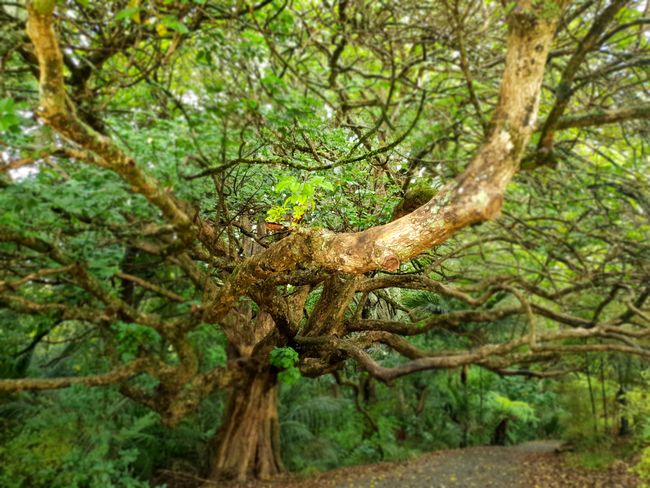
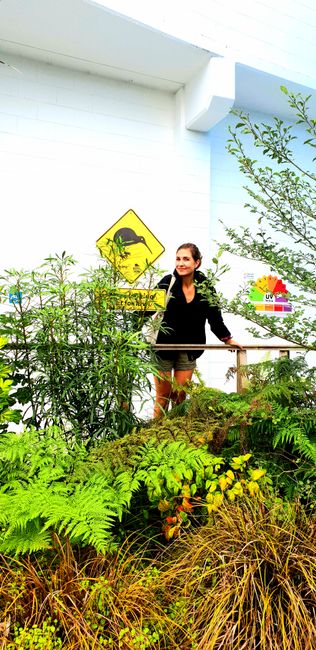
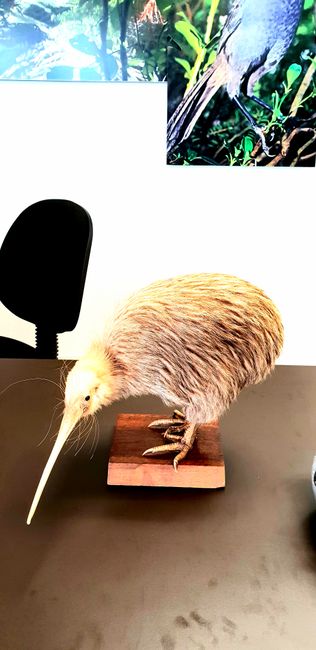
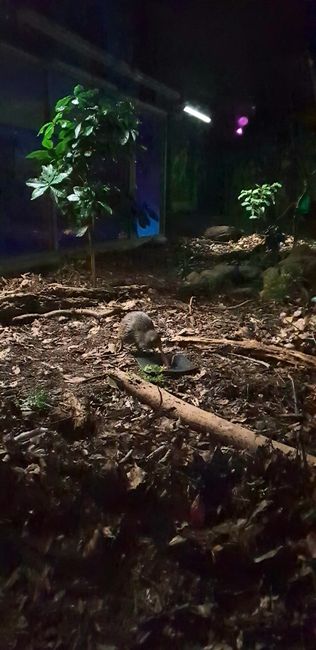
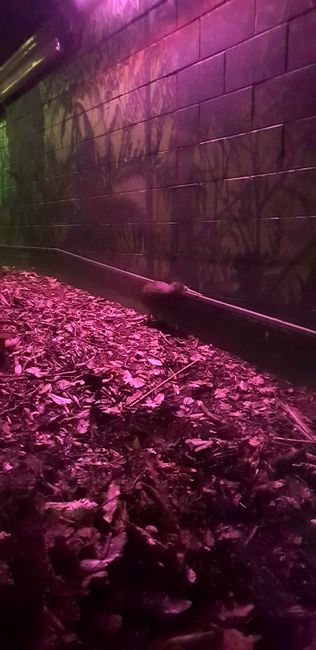
สมัครรับจดหมายข่าว
(Auckland - Paihia/Bay of Islands - Cape Reinga - 90 Miles Beach - Whangarei)
On 28.01. we left Asia and arrived in New Zealand, with an intensive check at the airport. Our hiking shoes were inspected for insects and thoroughly disinfected. This is to ensure that no parasites come to the island that could endanger the native wildlife. The import of food is also prohibited. New Zealand has around 4.8 million inhabitants, about 75% of whom live on the North Island. This is where we started our time in Aotearoa (the Maori word for New Zealand). Maori are the indigenous people of the island. Unfortunately, their language is spoken less and less.
We landed in Auckland, which is the largest city in New Zealand with around 1.6 million inhabitants. Here we met Stephie, a friend of mine, with whom we will continue to travel. So we first explored Auckland.
After the first days in Auckland, we continued towards Paihia. We stayed there for one night to go to the Bay of Islands the next day. Here we took a boat tour around the islands to see the hole in the mountain (called 'The Hole in the Rock') and even pass through it. This doesn't happen on every trip, for example, if the sea is too rough. We made a stop at a picturesque island called Otehei Bay. Here, for the first time, we realized how beautiful New Zealand is: crystal clear shimmering blue water, lush green meadows, cute wooly sheep, various tree species, and golden sandy beaches. The pictures here can't capture the beauty of nature.
After our boat tour, we stayed for one night in Houhora in our second AirBnB. We chose AirBnBs because of the affordable prices, but we also enjoyed the amazing accommodations. Especially for Mario and me, after over 2 months in Asia, it felt like staying in a 5-star resort: no more showers directly above the toilet, no worries about getting a stomachache from tap water, and spotless cleanliness in every corner. So we didn't completely let go of our German standards ;-)
The next morning, we drove to Cape Reinga. It is the northernmost point of New Zealand, where the Tasman Sea and the Pacific Ocean meet. We were lucky with the weather and enjoyed the view and the surroundings. From there, we drove in the opposite direction to the south. Our destination was Whangarei. Along the way, we stopped at 90 Mile Beach. It is known for its incredible length, although we were told by New Zealanders that it is more like 70 miles instead of 90. Nonetheless, this beach is really worth the bumpy ride. We had to drive about 20 km with our small Hyundai i20 rental car from the main road along a wide gravel road. But we got to admire a beautiful landscape (as everywhere in New Zealand) and even a group of wild horses.
90 Mile Beach surprised us with its size, width, and extreme wind. Swimming was definitely not an option here. However, pickup trucks raced past us on the beach. This is quite popular here and possible because the loose sand is practically nonexistent due to the strong wind. However, we were advised not to try driving over the beach with our small car. We followed that advice.
Whangarei was actually just intended as a stopover, from where we wanted to drive to Waipoua National Park the next day and see the giant kauri trees. However, we spontaneously decided to visit our first encounter with a kiwi - the most famous bird in New Zealand. We were able to see these endangered animals in a sanctuary here. They are kept under natural conditions and 'bred' to be released back into nature when they are old enough (after about 3 years). To observe them here in the kiwi house, the day and night times are reversed. Kiwis are nocturnal, so we had to go into a dark room with very dim lighting and observe a kiwi. There is always one male and one female kept here, as once they have found each other as a pair, they stay together for the rest of their lives. Very romantic. However, things like searching for food and eating are done separately. So it's quite similar to a good old married couple ;-)
They are rather heartless towards their children, and so their offspring, which hatch fully feathered, are immediately thrown out of the nest, which makes survival in the wild hardly possible and therefore only 3-5% of kiwis survive. Here in the sanctuary, they try to counteract this and release them later accordingly.
The natural enemies of kiwis are opossums, dogs, cats, and weasels, which are hated throughout the country.
In Whangarei, we also visited small glowworm caves, which were right next to our accommodation and a waterfall.
By the way, when it comes to food, we quickly switched to shopping and cooking our own meals here in New Zealand. There are various supermarkets where you can buy relatively cheaply. However, they are more reminiscent of the wholesale markets in Germany. In terms of prices, shopping is about as cheap/expensive (depending on how you see it) as in Germany. Among the big supermarkets Pak'nSave, Countdown, New World, and FreshChoice, Pak'nSave has clearly become our favorite.
As for restaurants, prices here are above German levels and therefore, we only choose them in exceptional cases. However, the supermarkets and restaurants are very allergy-friendly, and so it has been no problem to get gluten-free and vegan food so far (I am writing this post at the end of our New Zealand trip, so I can judge it quite well by now.)
สมัครรับจดหมายข่าว
คำตอบ
